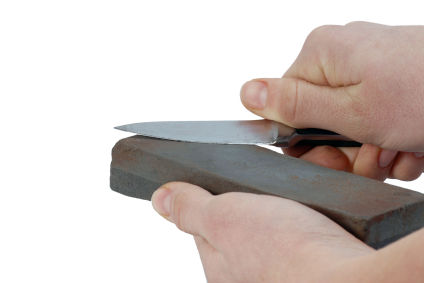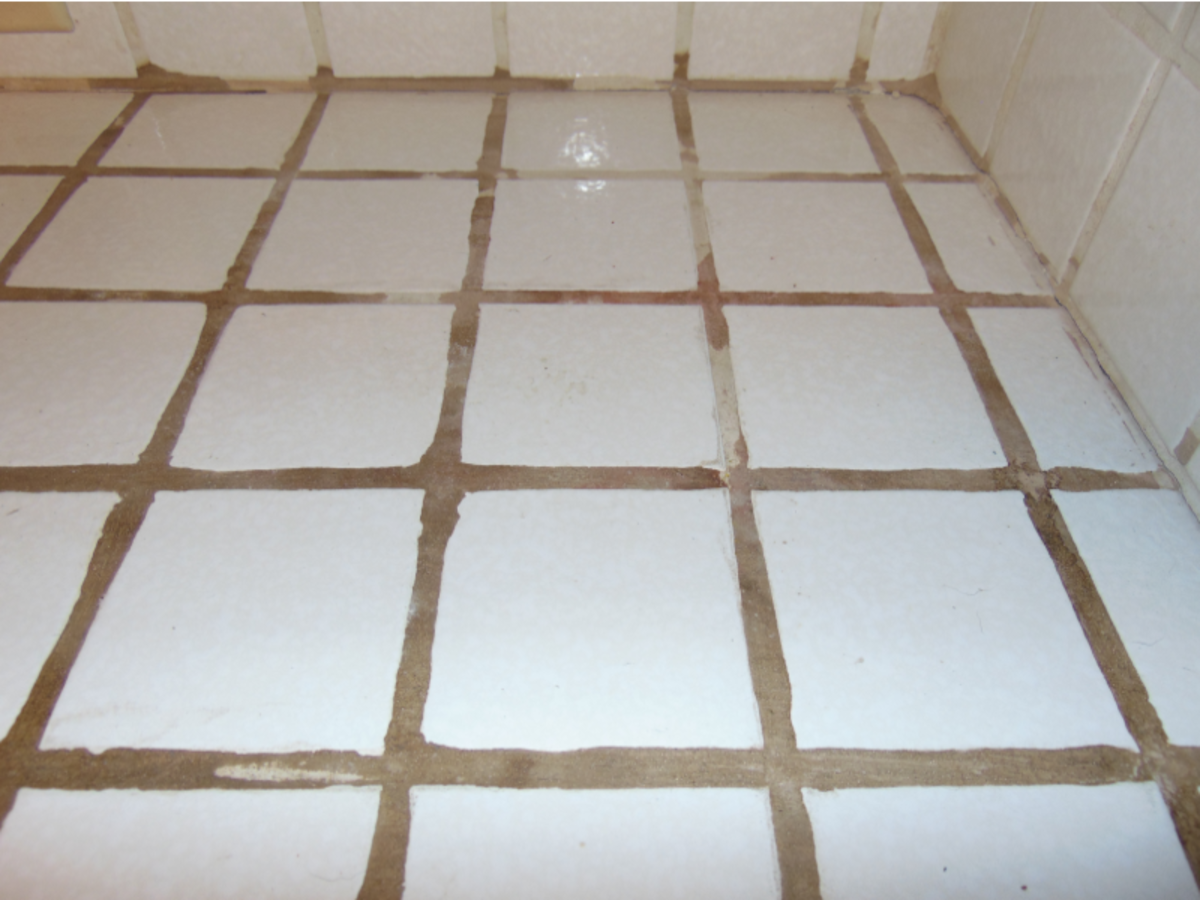Best Knife Sharpening Stones

A knife is a must have in a kitchen, if you really want to call it a kitchen. I can not possibly imagine cooking a meal without adding a bit of onions and tomatoes to them. All in all a kitchen knife is a necessity and that the knife is sharp enough to cut your vegetables, and fruits properly, holds a great importance too.
I remember how frustrated and annoyed I usually used to get whenever my knife's edge would go dull. There is nothing more irritating than to struggle cutting vegetables with a dull knife. Thankfully, over my learning time of culinary subject and various cuisines, I came to know lots of ways to sharpen my knife and make it good to go.
There are various techniques available to do that, right from the conventional sharpening stones to modem electric knife sharpeners. Here, I am going to list a few of the handy sharpening stones, that you can keep in your kitchen and let your knife get its edge, any time you want to:
1) Water stones:
Water stones are made up of a compressed, granular material that can soak up water like a sponge. Actually their usage guidelines say that they should be soaked in water for at least 10 minutes before you sharpen your knife on them. Water absorption softens the stone and enables it to form a paste as you work your knife's edge on its surface that helps the knife to get rid of its old grit and bring forth the clear grit. Water stones can be found with either single-size grit or as a combination stone.
The benefit of using a water stone is that the grit is usually much finer than what you get from the other stones, so your knife gets a good edge quicker than what it’d get from other stones.
Shortcoming: Water stones have a low life time and are highly susceptible to get dull earlier than other stones. These stones can be flattened again by rubbing two stones together till their surfaces are flat, or by using a lapping tool that can scrape away the outer tarnished surface and bring forth the clear grit.
2) Oil Stones:
Oil stones can be made up of either natural or synthetic materials. The Arkansas stone and flint are natural stones. Man-made oil stones are most usually composed of aluminum oxide (also known as India stones) or silicon carbide.
The strength and hard nature of a natural stone relates to the grit in a synthetic stone. Soft Arkansas stones work like coarse-grit synthetic stones and hard Arkansas stones are similar to the fine-grit synthetic stones. Hard Arkansas stones are composed of a novaculite - a black or white stone that is almost pure silica. Translucent Arkansas stones are the hardest of all and are generally used to give finishing touch to the edges, in the similar way that a fine-grit synthetic stone is used to refine a knife's edge.
A single stone consists of a single hardness. To ensure that the sharpening of your knives on Arkansas stone gives better results, you may try using a triple-mouthed holder in three different stones and three different hardnesses.
Select a food-grade oil agent on your stone, but never use cooking or eating oils on your stone because these oils will turn rancid and spoil the stone. Mineral oil is usually chosen in majority. Simply apply a thin coating of the oil to the stone before you begin sharpening your knife. Though water can be used as a lubricant for an oil stone, oil should never be used over Water stones.
3) Diamond stones:
Diamond stones are basically, plates of steel with diamond crystals implanted in the surface. Various sizes and number of crystals can define the grit. These stones can sharpen the knife edges rapidly and though they do not wear like other stones, their crystals might smooth out and get dull over time. The biggest shortcoming of diamond stones is their high price.
4) Ceramic Stone:
These stones are a kind of manufactured stones. These are utterly hard and require only a light film of water over them before you start sharpening your knife. You may simply spray or mist the stones as you begin your work. Ceramic stones have two benefits over water stones:
1) Ceramic stones don't need to be kept inside water unlike water stones.
2) Ceramic stones are less messy as compared to the water stones.
These stones are available in different types of grits. These are more expensive than water or oil stones and only have single-size grit per stone. Ceramic stones work as quickly and effectively as a water stone but get dull slower than oil stones. As a matter of fact, if you own a good ceramic stone, it might last you a lifetime.
Electric Knife Sharpeners:
These days you get lots of different types of electric knife sharpeners that can do your job in a jiffy without any efforts. Majority of the electric knife sharpeners use a rapidly rotating abrasive surface, which removes the knife's damaged edge to get a newer and sharper edge from beneath. The abrasive surface can be a belt, wheel or series of disks. However, one must take caution while using these sharpeners as they are very fast and you might end up over-sharpening your knife, thereby reducing its usage life.







